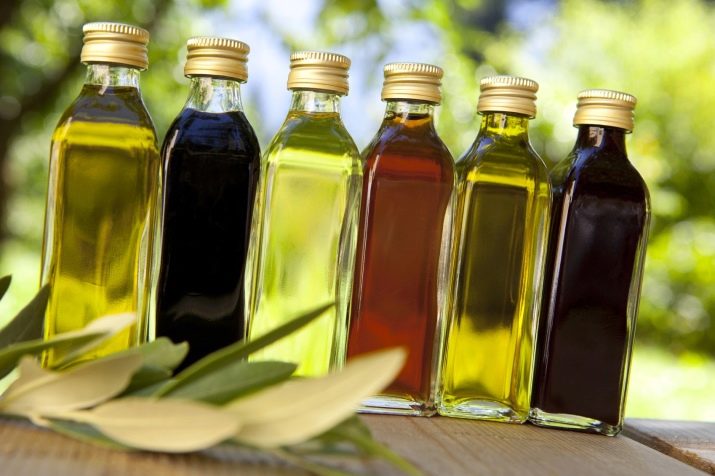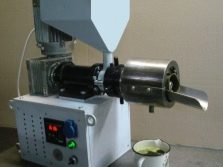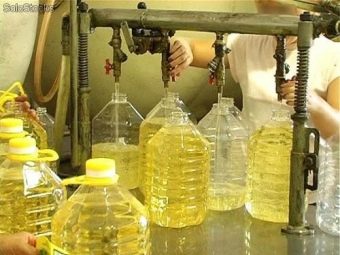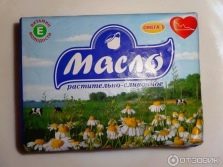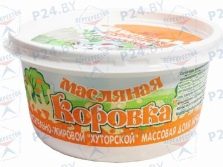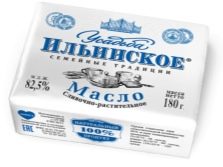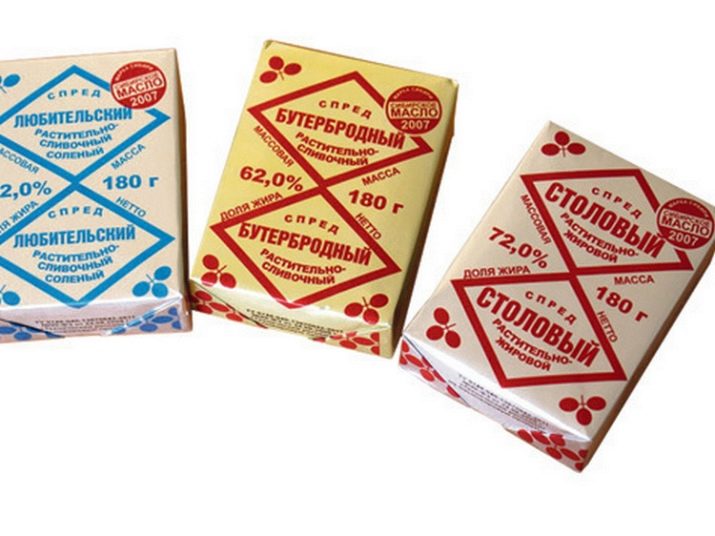What is butter and vegetable oil and how is it different from the usual?
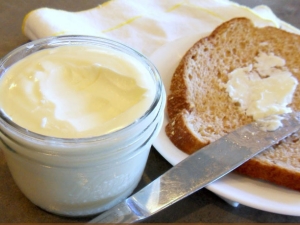
Immediately you need to clarify that not any of these products are completely natural.And although it would seem, the very name “vegetable-creamy” contains the answer - not everything is so simple. The food industry is working to improve product quality, improving taste and appearance, increasing shelf life. It's time to figure it out!
Features of vegetable fats
Producers of dairy cheese products create something new almost every year. However, in our case, it was not without rebranding. Make a mixture of fat reception is not new. As the procedure for obtaining oil from seeds, which determines the type of component of non-animal origin. To understand the question, you need to understand what are vegetable fats.
Production methods
There are three main ways of production:
- Spin cold. Seeds milled. Oil is squeezed out of the resulting paste by the press.
- Spin hot. Here, the paste is brought to a high temperature and only then squeeze. The heated substrate releases more oil.
- Extraction Seeds are poured with a gasoline-like mixture that washes away the fat from them. Pour off the liquid and evaporate.
Equally important is the type of flora that the raw material belongs to. What determines the composition of the oil is its content of certain vitamins and microelements. Olives, for example, are rich in substances that contribute to the normalization of cholesterol status.
Flax contains large amounts of Omega-3 and Omega-6 fatty acids. In corn - a lot of vitamin E.
Types of cleaning
Any oil is refined. On this basis it is customary to distinguish the following types of product.
- Unrefined oil - filtered, solid particles and fat soluble contaminants are removed from it. Although smaller fractions of various parts of the seed remain, giving it the characteristic taste and aroma of the original plant. The obvious candidate for salad dressing.
- Refined oil, besides filtering, goes through additional purification steps. This affects its mechanical and culinary properties. It is stored longer and better suited for frying.
The benefits and harms of vegetable fats
In any vegetable oil there is a very useful ingredient - it is a polyunsaturated fatty acid. These substances are very popular when creating new cells in our body. Their role is important in processes that hinder the development of atherosclerosis. In general, their beneficial effect on the cardiovascular system is noted. They help reduce inflammation, improve the flow of nutrients to the tissues.
There are types of vegetable fat that can be harmful to health. These are transgenic fats. This method of production is extremely beneficial, and a product with useful logistic properties, with a long shelf life, is created.
However, its true quality is manifested in the body. This fat interferes with the work of enzymes, disrupts the work of cellular assemblies of our body, forcing them to receive less nutrition, inhibiting metabolic processes, in general. Long-term consumption of such products leads to serious violations in the work of internal organs, obesity, and even reduces immunity. These substances are extremely dangerous for the child's body.
What is vegetable and butter?
It is clear that the composition of the mixture is the percentage ratio of animal and vegetable fats. The more herbal supplements, the less creamy product. And vice versa. If you are very strict approach to the classification, you can select certain varieties.
Types of "oil spreads"
If you approach the classification, you can select certain types.
- Butter is the sweet equivalent of a butter product. Palm, coconut and soybean oil is often found in its composition.
- Vegetable-fat spread is usually made with increased requirements for the absence of cholesterol. Least calorie.
- Butter and vegetable oil consists of animal fats, flavored with vegetable.Taste it with sourness. Enriched with polyunsaturated acids.
To distinguish them on the counter from the cow is quite simple. Natural butter will never cost a little.
Low price - a reason to study the label and ask about the composition. Often a significant amount of vegetable fat is found in the product. Since 2004, manufacturers are obliged to call such products in a special way. For example, “creamy product” or “spread”.
However, do not rush to call the vegetable and butter harmful or useful. Samples containing harmful fats must have a warning on their label. For example, the words "trans fats", "partially hydrogenated" or "hydrogenated".
Fortunately, creamy vegetable oil, or spread, without these hazardous components, is not uncommon now. Many manufacturers are trying to promote this kind of products, with an emphasis on the absence of trans fats in its composition. Messages about this, as a rule, try to place in the most prominent place of the package.
Firstly, the word "spread" is usually used to refer to a mixture, mainly vegetable fats. This creamy vegetable oil and different from the spread. Secondly, in a broad sense, the word “spread” refers not only to oils and fats, but also to all viscous food mixtures that can be spread on bread. Translated from English, it means stretch, smear. In relation to the milk and vegetable fats, it will be correct to use the double word - “oil spread”.
Conclusion
Now it is clear that butter, which includes mixtures of vegetable fats, is a complete product. And has the right to exist. The food industry is not yet able to completely abandon the use of extremely dangerous for human transfats.
On the market there are already harmless to the health of vegetable and butter and spreads. At the moment, such a product is quite affordable. There is a basic rule that will allow you to protect yourself from eating foods that contain hydrogenated fatty components. You must carefully study the list of components presented on the package.
How to distinguish butter from the spread, see the video below.

